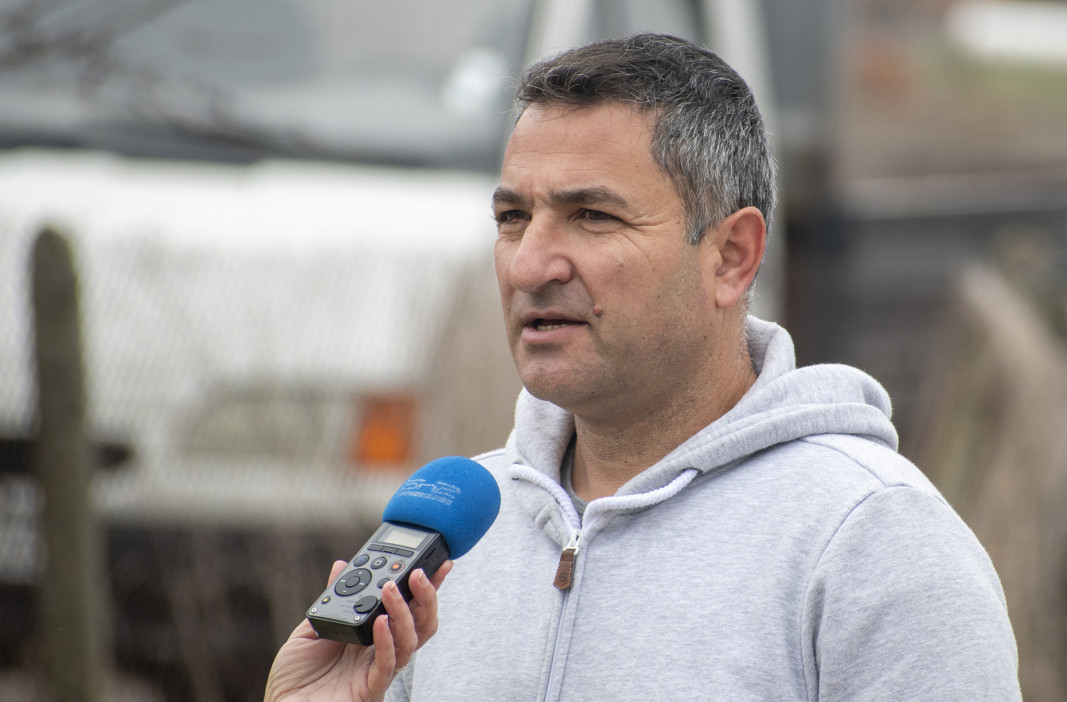


Mihaela Aroyo is a professional photographer from Varna, Bulgaria. She has no family or close friends who are Bessarabian Bulgarians. But in 2019, after attending a youth festival in a Moldovan village, she was deeply impressed and decided to dedicate..
It is 116 years today since 22 September in 1908 when Bulgaria proclaimed its independence, taking its due place alongside the other free and independent countries of Europe at the time. Though unlike the unification, the proclamation of Bulgaria’s..
The Bolhrad region of Ukraine is considered the heart of the Bessarabian Bulgarian community, home to the largest and most concentrated population of ethnic Bulgarians outside of Bulgaria. More than 200 years ago, Bulgarian emigrants fled the Ottoman..

+359 2 9336 661
